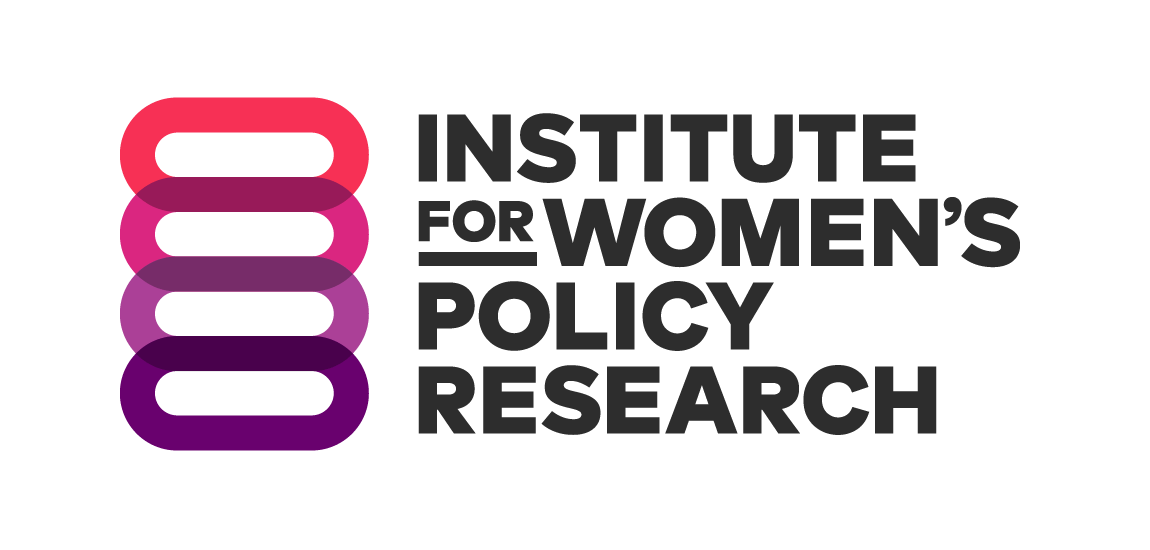FOR IMMEDIATE RELEASE
MARCH 16, 2021
Contact: Erin Weber | 646-719-7021 | weber@iwpr.org
- More than one-third (35 percent) of adults who earned some college credit, but not a degree, are parents of children under 18.
- Students with children are nearly twice as likely to leave college before graduating than students who are not parents: Over half (52 percent) of student parents suspend their enrollment within six years without returning to complete their education, compared with 29 percent of all students without children.
Washington, DC – A new report released by the Institute for Women’s Policy Research (IWPR) highlights the obstacles that lead many of the 3.8 million undergraduate students who are parents to leave college without earning a degree, and the policy and practice strategies that can promote their success. Holding a college credential has become increasingly important for securing living wage employment, especially in light of the economic crisis sparked by the COVID-19 pandemic.
The pandemic has exacerbated the obstacles to degree completion for student parents, many of whom are Black, Indigenous, Native Hawaiian/Pacific Islander students and families with low incomes. Understanding these students’ experiences and needs, especially those who return to college after a prolonged break, is essential to improving college attainment rates and enhancing student parents’ ability to establish family economic security.
Student parents perform a complex balancing act between caregiving, school, and work without an adequate safety net, making it harder for them to remain enrolled in college. Community college students (62 percent), single student parents (54 percent), Black student parents (58 percent), and student parents of infants (56 percent) are particularly likely to leave college before graduating.

Supporting student parents’ return to school will require enhanced supports that are centered on the whole family. Student parents often return to college, even after breaks of a decade or more. Once back on campus, they must navigate systems and practices that were not designed with their parenting and work responsibilities in mind. The report shows student parents will benefit from investing in affordable child care and re-designing education around the experiences of returning adult learners.
“It’s not enough to just know that students with children disproportionately leave school before graduating,” said Lindsey Reichlin Cruse, a study director at IWPR and co-author of the report. “We can disrupt this pattern by making sure student parents have access to intentional guidance and support, including affordable child care, adequate financial aid, and mental health services.” She added that higher education systems and services on college campuses are not designed with student parents or adult students in mind – but they could be.
“Supporting student parents’ ability to succeed in higher education increases their families’ chances of economic security and social mobility, and helps make progress toward greater educational and economic equity,” said C. Nicole Mason, president and CEO of IWPR. “It’s not enough to make college accessible – we need to create a society that supports parents when they are at school or at work.”
The report, which is co-authored by Susana Contreras-Mendez of IWPR, shows student parents will benefit from investing in affordable child care and re-designing education around the multifaceted experiences of returning adult learners.
The report also provides insights from student parents including Adrian Spencer who said, “If policymakers could think of ways for funding sources [to support] adult students, that would be super helpful, especially funding that is versatile to use for whatever that student might need. Finding ways to support women furthering their education is really important right now, but there aren’t enough supports in place.” She added, “[Paying for] child care and [having] the ability to provide for your family and to pay for school at the same time is just hard, period.”
Key recommendations for education and policy leaders from student parents interviewed for the report include making needed caregiving, financial, mental health, and other basic needs support more accessible so student parents can focus on their studies while providing for their families. Streamlined public assistance, intentional services for adult and parenting learners, increased financial aid, and greater access to safe and high-quality affordable child care can improve student parents’ ability to achieve educational and economic success.
“Student parents have always faced challenges in their postsecondary journey, but the economic fallout from the pandemic, along with the lack of available child care support, has exponentially compounded these strains,” said Vinice Davis, a venture partner at Imaginable Futures, which funded the report. “It is more urgent than ever for higher education institutions, policymakers, philanthropy, and innovators to support this courageous student population. At Imaginable Futures, we see this as an economic, community and moral imperative, and we hope that this study from IWPR will lead to sustainable, systemic change.”




